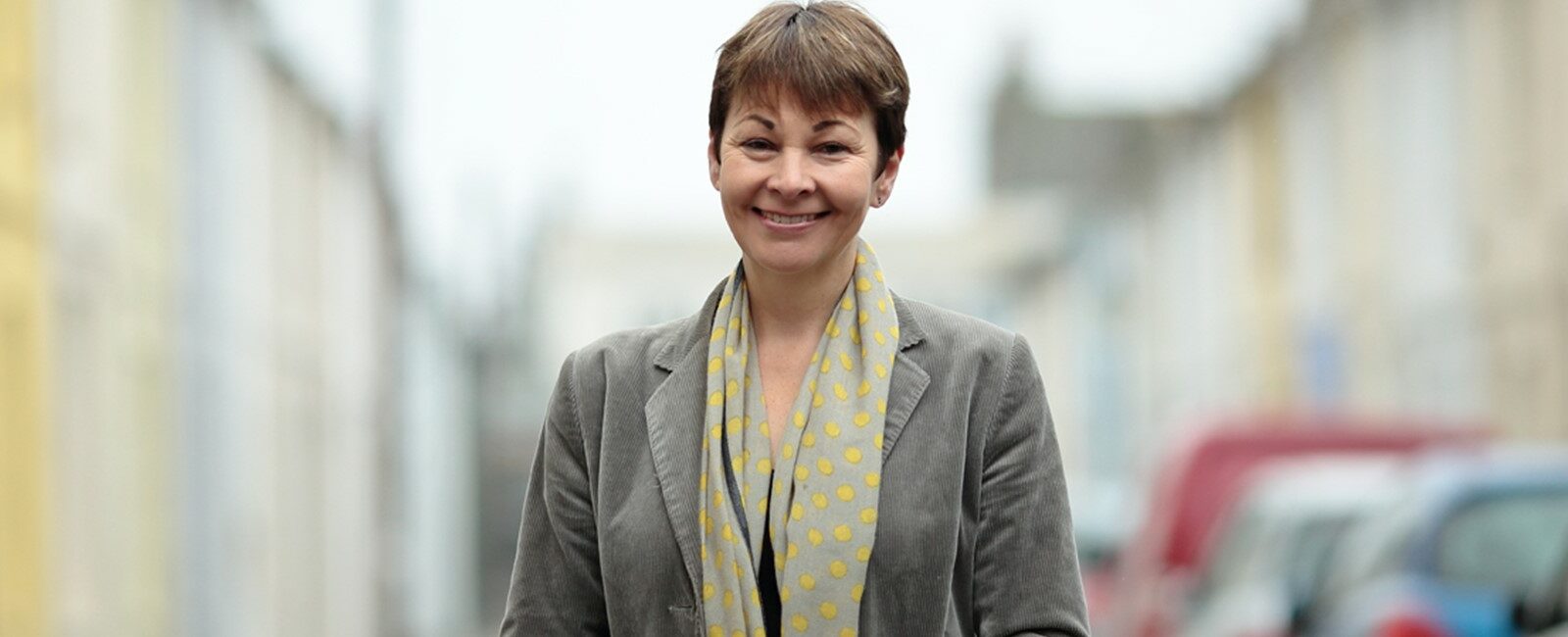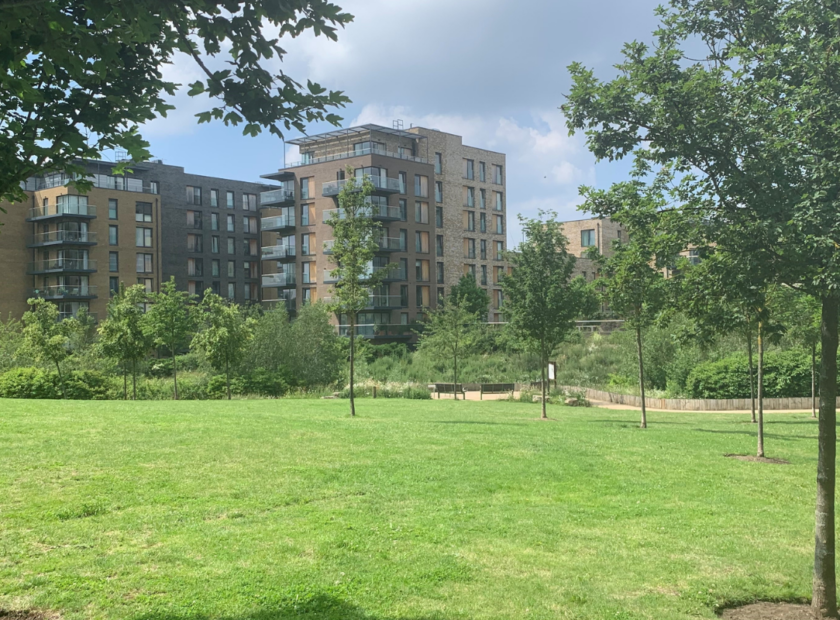Britain faces a housing crisis – that is no longer news to anyone. It’s widely accepted that we need to build about 3 million new homes over the next 20 years.
We also face a climate emergency and are already seeing the impacts of the climate breakdown here in Britain with intense flooding and unseasonal temperatures.
They are both huge challenges but addressing one doesn’t mean we have to ignore or neglect the other. The housing crisis is an opportunity to take much-needed climate action to reduce our carbon emissions.
Earlier this month, Theresa May – in one of her last initiatives as Prime Minister – announced that our emissions target would be increased from an 80% target reduction to net zero by 2050.
Much of the response to her announcement focused on the loopholes the Government has allowed itself (e.g. on buying in international credits) and emphasised the need to further decarbonise electricity and transport. But nearly a third of our greenhouse gas emissions comes from buildings, and building-related emissions are on the rise again after years of progress.
It is vital that we tackle this if we are to have any chance of meeting that net zero target – which, incidentally, is far too late to tackle the climate crisis. We are also way off track to meet more immediate targets.
The need to focus on buildings, in particular homes, is important for other reasons too. We need to build many more new houses and it is far easier, and cheaper, to build a zero-carbon home than it is to retrofit one at a later date. The long lifespan of most homes means that any emissions from poorly-built houses will be “locked in” for decades to come so it is worrying that new buildings with high-carbon heating systems are still being constructed.
The Government’s record in this area is one of missed opportunity and failure to follow up grand ambition with the necessary action. An improved standard for all new homes (known as the zero carbon standard) was due to be introduced in 2016. It would have altered building regulations to require significant efficiency improvements and the use of low or zero carbon energy generated on site.
Some new homes were even being built to the new standard when it was abruptly cancelled because, ministers claimed, it would mean fewer homes being built. It was another example of short-termism – locking in a problem which future generations, and governments, will have to sort out at much higher cost.
But it isn’t just new homes. Our ageing homes – privately-owned, privately-rented or social housing – are among the coldest and draughtiest in Europe. Too many people are having to put up with damp, leaky homes which they cannot afford to heat properly in winter. Just in my constituency of Brighton Pavilion, some 17,000 people are struggling to heat their homes.
Cold weather causes the excess deaths of some 30,000 people in Britain every year, most of them elderly, and often because they are living in cold, poorly-insulated homes and worry about turning up the heating. Every winter puts further strain on public services like the NHS.
This is more than just a social crisis; it is hampering our ability to tackle climate change. Homes need to be made a national infrastructure priority with the aim of “eco-fitting” all our housing stock to provide warm, well-insulated homes.
This won’t just improve our chances of meeting our climate targets. It will lift most households out of fuel poverty, reducing energy bills, and giving people better health and well-being – which would mean less pressure on the NHS.
It would also double the number of jobs in the energy efficiency sector in both construction and manufacturing, creating jobs in every constituency in the UK. Making our homes more energy efficient with solar panels on every suitable rooftop is a key part of the Green New Deal initiative which I was proud to be a part of when it was first launched in 2007. Its proposals on the need for a green infrastructure for Britain are even more urgent now than they were then.
The experience of other countries shows that this is money well-spent. In Germany, every €1 of public funds spent on energy-efficient construction resulted in €4 going back into the public finances in taxes and reduced welfare spending.
Decarbonising electricity generation allowed Britain to meet its first three carbon budgets. We will not meet future ones unless we promote energy efficiency and the use of renewable energy for heating and lighting our homes. We need to completely decarbonise all our buildings, and we don’t have much time.
This article was written by Caroline Lucas, Green Party MP for Brighton Pavilion, as part of a series of expert blogs for the TCPA’s Healthy Homes Act campaign.




